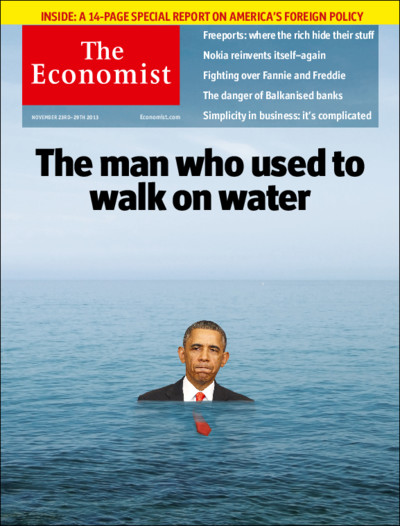SO SHOULD I TAG THIS “21ST CENTURY RELATIONSHIPS,” OR “HIGHER EDUCATION BUBBLE UPDATE?”
I am a sophomore at a prestigious private college. My sister, an alumna of the college, was able to avoid paying rent by living with a very nice family and providing light child care and housework. I was lucky enough to be employed by the same family, making meals and cleaning, but I wasn’t sure how much the family would need me now that their youngest is joining the armed forces. The wife travels a lot on business, and there has been tension between the two, but they recently offered me a very interesting proposition: I could stay on as an emotional and sexual companion for the husband when the wife is away! The man is 20 years my senior, and my first initial response was to say no, but now that the shock has worn off, I’m actually intrigued by the idea. I’ve always been attracted to him, and I’m sure that was clear to them. I know other girls who work at strip clubs, and this is better than having risky sex with college men. It would also be a lot cheaper than paying for a room at college. Is it wrong for me to consider this arrangement?
What do you think?

